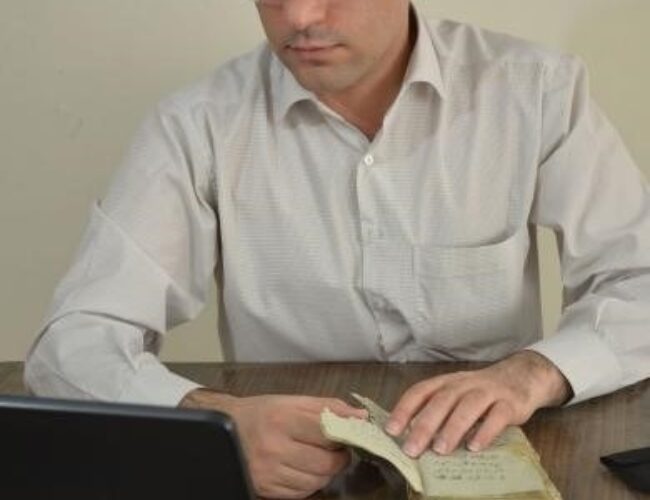This project aimed to digitise and preserve a number of old unique manuscripts of the Persian Khorda Avesta (the Book of Common Prayers) held by private owners in Iran, including family legacies, private archivists and antiquarians. The project located eight manuscripts, six of which were digitised with the owners’ permission.

This corpus deserves attention for more than one reason. Some of the volumes provide commentaries and Persian translations which are not contained in other available books. These books are also important from a phonological point of view as there is not a one-to-one correspondence between the Avestan and Persian sounds. Therefore, in order to transcribe the Avestan text into Persian, the scribes had to omit or alter some phones and phonemes. This can be an interesting study for phonologists to discover the Zoroastrian scribes’ preferences. In addition, the existing phonological nuances may be the influence of the scribes’ dialects. Furthermore, these manuscripts provide the names of a few scribes which can help scholars determine the genealogy of the scribes. The project located eight manuscripts, six of which were digitised with the owners’ permission. Since there is no information recorded in any database or archival institute regarding these manuscripts, the project asked Zoroastrian people to help us find the materials in Tehran, Kerman and Yazd.
